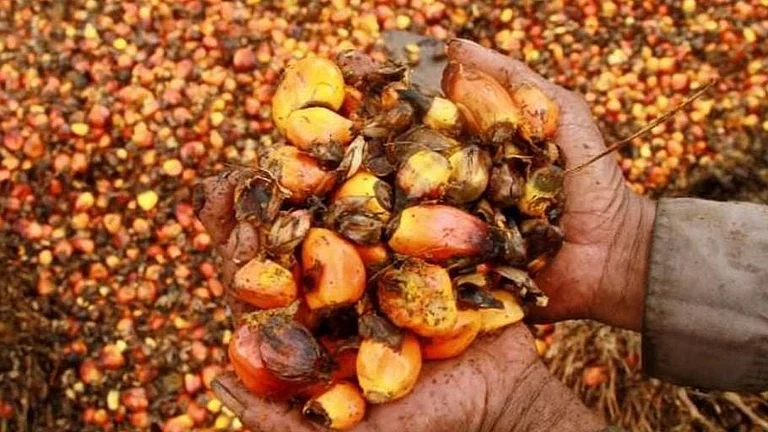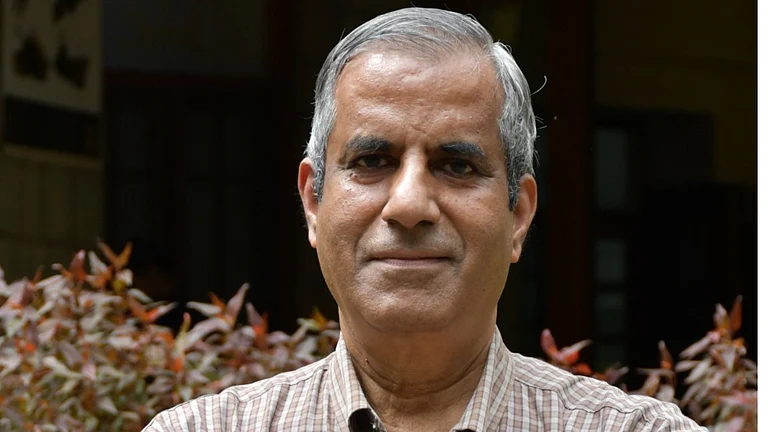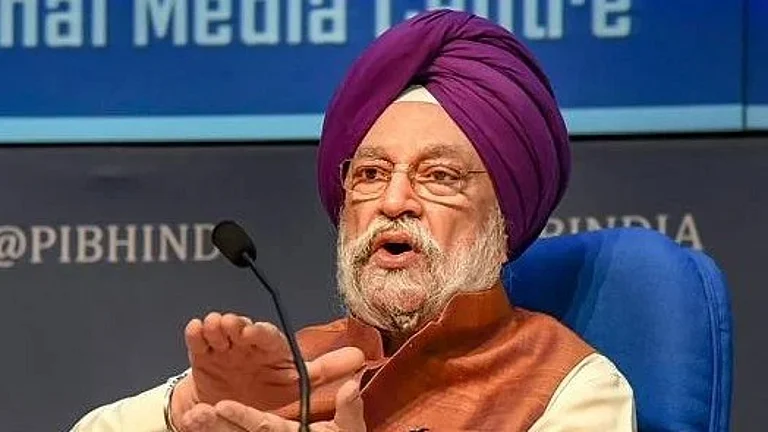Mustard crop, an indigenous oilseed grown in Rabi season, can play an important role in achieving self-sufficiency in domestic output of edible oils and there is a need to increase acreage, promote use of high-yielding seed varieties and provide assured prices to farmers to boost yield and production, according to industry experts.
According to the latest government data, India's rapeseed and mustard production stood at 126.06 lakh tonnes in 2024-25 crop year (July-June) with acreage of 86.29 lakh hectares and an average yield of 1,461 kg per hectare.
The area and production have declined from 2023-24 when acreage was 91.83 lakh hectares while output was 132.59 lakh tonnes.
Puri Oil Mills Ltd Managing Director Vivek Puri said, "The idea that mustard oil should play a vital role in bridging the edible oil demand-supply gap and in reducing import dependency is an integral part of our company's vision." He noted that there is a huge scope to expand mustard cultivation as well as yield per hectare to enhance mustard oil production.
Puri asserted that any serious solution to bridge the demand-supply gap must be built around mustard oil, which holds the potential to lead India toward Atmanirbharta in edible oil.
Puri Oil Mills has been in the mustard oil industry for more than nine decades and are the promoter of P Mark Mustard Oil brand.
Echoing similar views, Manish Bandlish, MD of Mother Dairy that sells edible oils under Dhara brand, said, "Mustard oil remains a vital category in the non-refined edible oils segment, commanding nearly 30 per cent. As consumers increasingly turn to indigenous oils for its varied benefits and greater awareness, mustard oil consumption is poised for steady growth, with a projected CAGR of over 4 per cent." Bandlish felt that initiatives, such as enhanced minimum price support and the promotion of high-yielding mustard seed varieties, along-with the consistent policy support through National Mission on Edible Oils-Oilseeds by the government, are set to further drive this momentum.
"These efforts will not only strengthen domestic production but also enhance food security and reduce dependency on imports, contributing to overall economic resilience," he said.
According to Solvent Extractors' Association of India (SEA), India imported 16 million tonnes of vegetable oils in 2023-24 marketing year (November-October) while the domestic production stood at 11.62 million tonnes.
The SEA data showed that the consumption of mustard oil/rapeseed oil stood at nearly 38 lakh tonnes in 2023-24, which is around 15 per cent of the India's total demand.
Another industry body, The Indian Vegetable Oil Producers' Association (IVPA), said the mustard crop has grown about 40-45 per cent in the last 6 years and the domestic production of mustard oil is about 3.5 million (35 lakh) tonnes.
"Mustard is a unique oilseed and this crop cannot be substituted with imports," the association said.
Mustard oilseed crop with 40 per cent oil content can continue to play a significant role in meeting India's domestic demand for cooking oils. Mustard de-oiled cake is the second largest export item in the oilseed complex after soyabean meal.
"We need to propagate in Punjab and Haryana for a potential shift of acreage from wheat and paddy to mustard," IVPA suggested.
"In terms of farmers remuneration the mustard is attractive compared to other crops. Rice fallow lands to be converted for mustard cultivation. Further R&D as envisaged in the national mission on oilseeds is a must," the association said.
Vivek Puri of Puri Oil Mills felt that the discussion on edible oil needed to go deeper to make a real impact.
He cited NITI Aayog report titled 'Pathways and Strategy for Accelerating Growth in Edible Oil', which identifies mustard oil as the most widely consumed edible oil in North India, accounting for 61 per cent of the region's usage and 45 per cent nationally. The report acknowledges mustard oil's dominant role in India's edible oil ecosystem.
































